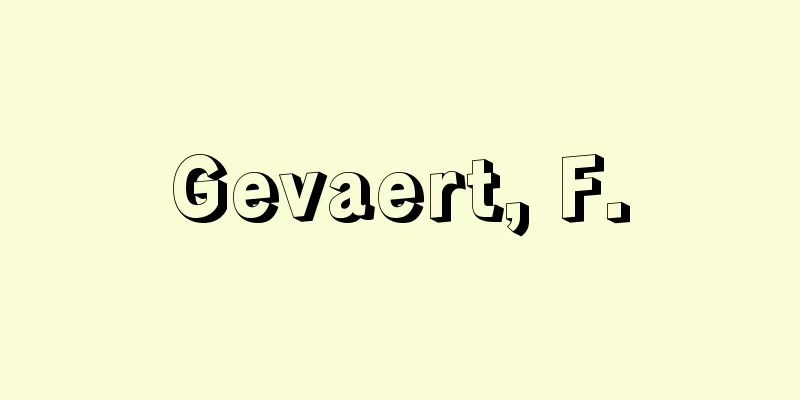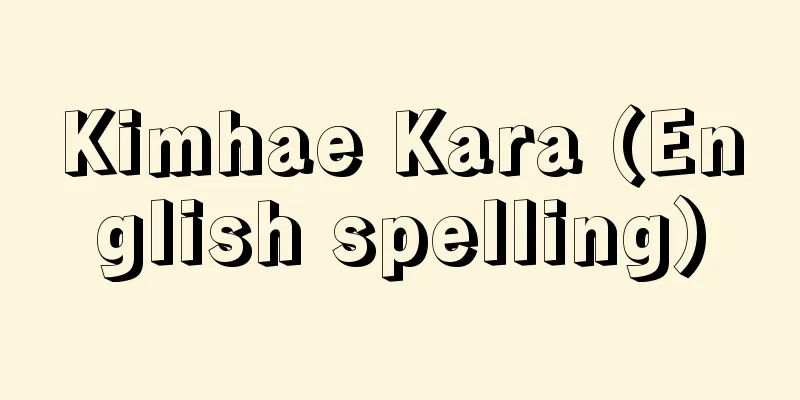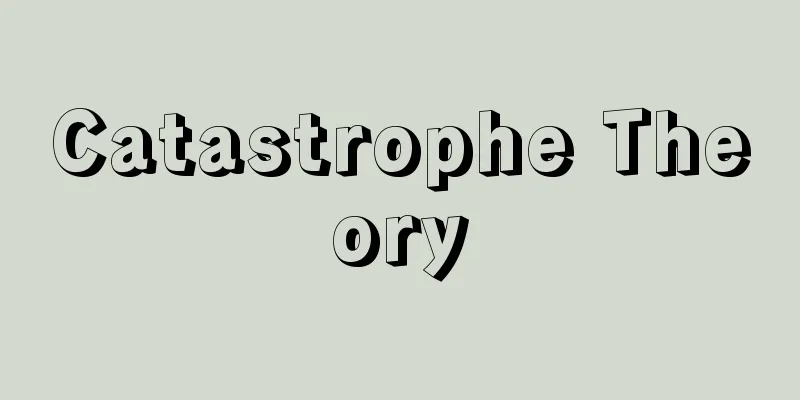Different direction - Different direction

|
It is a magical method of avoiding an unlucky direction based on compass direction. It is said to be a custom that arose from the theory of fortune-telling based on compass direction in Onmyodo, which was introduced and popularized during the Heian period. It is the direction in which the gods of heaven, Hasshojin, and gold, among others, travel, to be avoided. This direction to be avoided is called katafutagari. The avoidance of traveling in a direction that is blocked is called kataimi. If one's destination is in a direction that is blocked, one stays in a place in another direction to avoid kataimi, and then sets out again the next day, changing direction. This method of changing direction to reach one's destination is called katagaedokoro. The lodging one stays in for katagaedokoro is called katatagaedokoro. The curse that comes from breaking katagaei is called katatatari. Which directions are unlucky has been taught by onmyoji, folk religious leaders, calendars, and so on. [Masaru Sasaki] Also, when a taboo arose from construction work being carried out in a direction that was forbidden from one's current residence, records show that the taboo would be transferred by staying somewhere else, and this was also called hochigai. The most famous of the gods is Tenichi-no-kami, who is called "Nakakami" (middle god) in the Wamyō Ruijūshō, and who was forbidden from violating the four directions and four boundaries that were his wandering directions except for the 16 days he was in heaven. Later, as the Onmyōdō families such as Abe and Kamo were established, this became significantly more formalized. [Kazuki Sugimoto] Source: Shogakukan Encyclopedia Nipponica About Encyclopedia Nipponica Information | Legend |
|
方位観によって凶方にあたる方角を避けようとするための呪術(じゅじゅつ)的手段。平安時代に伝来し、普及した陰陽道(おんみょうどう)の方位による吉凶説から生じた風習だといわれている。天一神(なかがみ)、八将神(はっしょうじん)、金神(こんじん)などが遊行する方角を避けるのである。この避けるべき方角を方塞(かたふたが)りという。方塞りの方角へ行くのを忌むことが方忌(かたい)みである。目的地が方塞りの方角にある場合には、方忌みのために他の方角の所で泊まり、翌日改めて方角を変えて出かける。このように方角を変えて目的地に達する手段を方違という。方違のために泊まる宿を方違所(かたたがえどころ)とよぶ。方忌みを犯した祟(たた)りを方祟(かたたた)りなどといった。どの方角が凶方かは陰陽師や民間宗教者、暦などによって教示されてきた。 [佐々木勝] また、現在の居所よりみて、禁忌の方角で造作などが行われることによって忌みが生じた際に、他所に宿することによって、その忌みを移すことが記録にみえるが、それも方違とよばれた。諸神中もっとも有名なのは、『倭名類聚抄(わみょうるいじゅしょう)』が「奈加加美」(中神)とよぶ天一神で、天上にある16日間以外は遊行の方にあたる四方四維を犯すことを忌んだ。のち、安倍(あべ)、賀茂(かも)などの陰陽道の家の固定化とともに、著しく形式化した。 [杉本一樹] 出典 小学館 日本大百科全書(ニッポニカ)日本大百科全書(ニッポニカ)について 情報 | 凡例 |
<<: Kisoji Katada - Cleaning Katada
Recommend
Valdez Evangelicalism - Valdez is an evangelical
This refers to the evangelical ideology that the S...
Olevianus, C. (English notation) OlevianusC
…After becoming ruler of the Palatinate, Elector ...
Babina subaspera (English spelling)
… [Takahiro Matsui]. … *Some of the terminology t...
Princess Ata
She was the wife of Takehaniyasuhiko no Mikoto, wh...
Kamiya Shosaku
...He was a wealthy merchant in Hakata from the A...
minority problems
In this case, the subordinate group is an ethnic ...
Annual Register
…The term “yearbook” was first used in the Englis...
Calcium hydroxide - Suisankasuumu (English spelling) calcium hydroxide
A hydroxide of calcium. Also known as slaked lime...
Compression ratio -
When pressure is applied uniformly from all sides...
Fetus - Taiji (English spelling)
The embryo in the later stages of development of ...
age-hardening
…This change in properties over time is called ag...
Argo - Argo
A huge constellation seen low on the southern hor...
Alligator - Alligator
A general term for crocodiles belonging to the Al...
nobility
… [Western] In Western history, the term aristocr...
Adachi Shinto
1769-1845 A calendar calculator from the late Edo...









